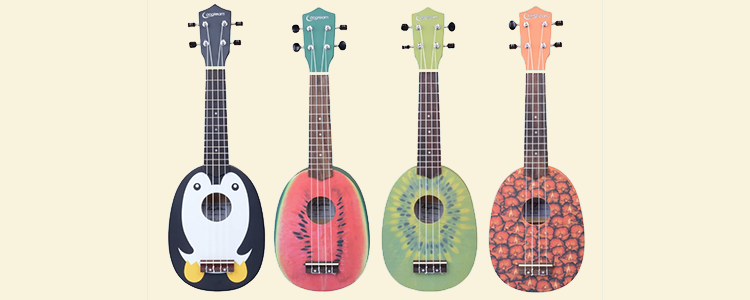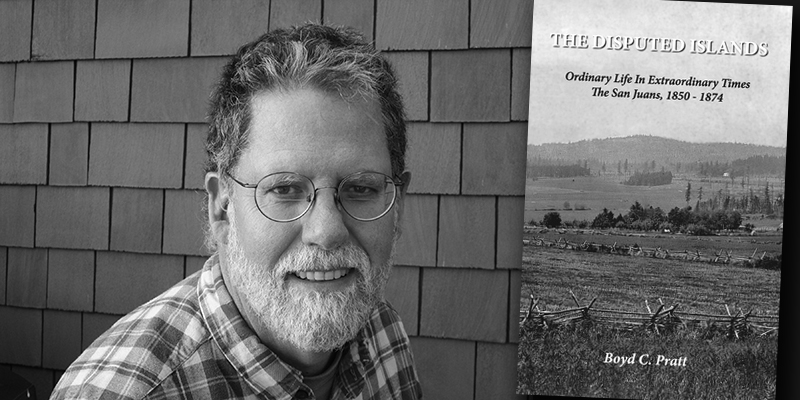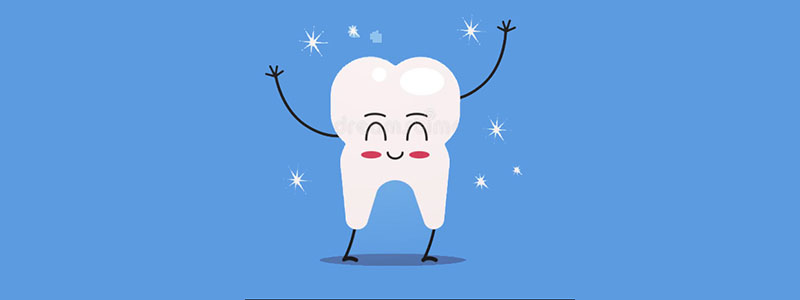||| MIDNIGHT MUTTERINGS by JACKIE BATES |||
(Note: I wrote a version of this piece several years ago when I participated in a memoir group led by JoEllen Moldoff, sponsored by the Orcas Island Public Library.)
I am five. I am not sure of the month of the year, but it must be early summer because green hickory nuts only the size of grapes hang in green orbs from the tree. My brother is eight and we are doing what we do each day in the North Carolina heat: We are playing out of the sun, using whatever we can find to support our fantasies.
We are each others’ only playmates, living as we do in the middle of seventy acres of tertiary forest, broken only by the single lane, quarter mile rough driveway that curls through the forest, hiding the unpaved road that leads to town. Our father built the house and outbuildings before I was born, mostly from timber from the land. He also built the six miles of electricity and phone lines that connect us, particularly our English-born mother, to civilization, and which probably saves my brother’s life this day. as both cars are in town with our parents and the husband of the family who share our house.
On this day, we are playing near a shed that shelters a shop and extra kitchen not far from the house. The second kitchen is because we moved from here shortly after my birth and the house was rented to another family for the five years of our absence. We have recently moved back, but the other family stayed and share our house while they build their own on a nearby piece of land.
My brother is on the metal roof of the low shed gathering a few of the green hickory nuts so that we can put them in our cheeks and pretend we have mumps. No doubt, this particular fantasy is mine, which runs to imitating various illnesses to the purpose of discovering what supposedly causes them. (My obsession with disease probably has more to do with my extreme interest in abnormality than with science or medicine.) Had my brother been the instigator, we would have been building something that would move under gravity power at a dangerous speed without functional brakes.
I can see him on the metal roof. He is shirtless, wearing shorts and, inexplicably, large, unfastened rubber galoshes that flare out below his knees, not unlike a musketeer’s swashbuckling boots. I don’t know my brother well. During the last years of our absence from this place, my brother lived with our mother and our sisters in town while I lived with our father in a small village at some distance. My father managed the local power plant as part of the war effort. According to our mother, the school in the small village was inferior and her children needed to attend city school. I was too young for school. This is the first time in my memory that my brother and I have lived together full time, though we did spend some weekends and holidays together. We have two older sisters, who live at the edges of our lives, with whom we avoid all but the most necessary contact. I adore my brother and will do almost anything he asks me and he will do the same for me.
Today, though, something has gone terribly wrong. My brother is standing but sliding in slow motion toward the edge of the slippery metal roof, not far from where I am standing. He goes over the edge, and grabs the metal gutter with his left hand on his way down. Then he drops softly onto the boulders where I wait. He has hit his head and has a bleeding cut beside his right eye. The scar will last his whole life.
His left hand is ruined. I will find out later the edge of the gutter has cut into his hand just past the palm and stripped the flesh from the bones all the way to the ends of his fingers where the cuts stop, leaving the strips attached to his finger tips. If he makes a sound, I do not remember it.
I must have gone for help, alerting the woman who lives with our family and watches out for us after a fashion while our parents and her husband are at work. The next scene I recall is a boxy white ambulance with a large red cross on its side, emerging from our long, tree canopied driveway, and my brother getting loaded inside. A good deal of time must have passed since the accident because we live the six miles of rural roads from town and the hospital. As my brother is older than I and invincible, I don’t remember horror or fear, just the disappointment of not being allowed to go with him for the exciting ride in the ambulance and that I won’t get the hickory nuts or the mumps I would have contracted from them. I will be grown before I realize I caused the awful accident and feel responsibility and guilt for my choice of play that hot day.
I stand on the rocks below the shed, looking up at the dip in the edge of the gutter that will stay for the next ten years I will live in that forest with my family. A few years after my brother’s accident, we will have a cat whose favorite sleeping place is in the shade of the hickory tree, in that gutter, with his head resting on the small bend made by my brother’s mangled hand.
My brother survives a six hour plus surgery that saves his hand after our father refuses the suggested amputation. My brother spends many weeks in hospital, getting shots of penicillin every three hours 24/7 for many weeks. Penicillin has become widely available only two years before the accident and prevents infection that likely would cost him his hand and possibly his life. The hospital is so crowded with war injuries that my brother is in a ward with wounded soldiers for those long weeks of his treatment. He is their mascot. His hand is in a plaster cast that is changed every two weeks for six months after his discharge. The war shortage of plaster means that his old casts are cut into pieces and glued together with limited new plaster. My obsession with abnormality means I am thrilled to go into the procedure room with him for the cast changes our mother prefers to avoid.
The surgery is so successful that years later he will qualify for Air Force flight school and fly the aerial refueling planes during the Vietnam war before he becomes a commercial pilot. His left hand is a little smaller than the right, and the scars make the fingers not quite straighten out. But he has a functional left hand. No doubt he benefited from the experience surgeons had with the war-injured as hand surgery is, even now, a subspecialty, considered difficult with mixed outcomes.









Wow… another wondrous window into a life of moment-to-moment adventure and discovery —
with attendant risks — in a place I’ll never see, at a time long past. Thank you, Jackie!